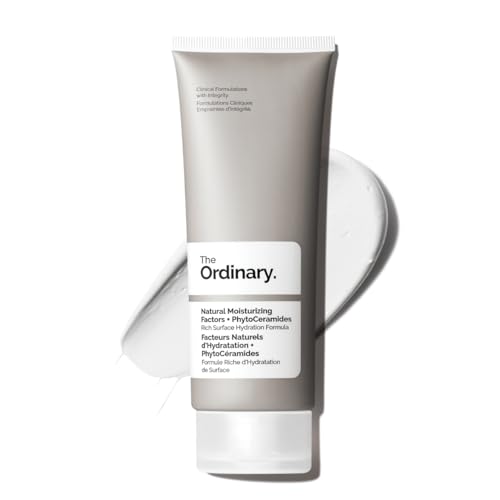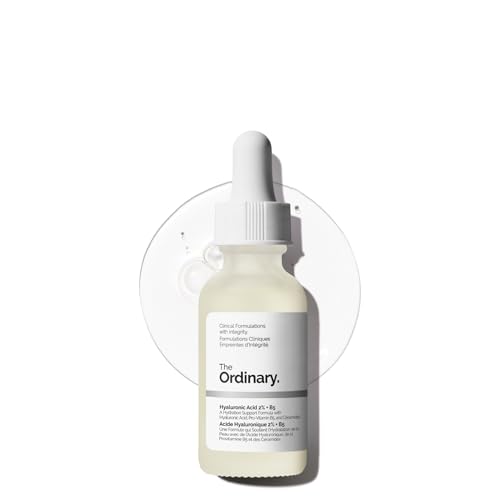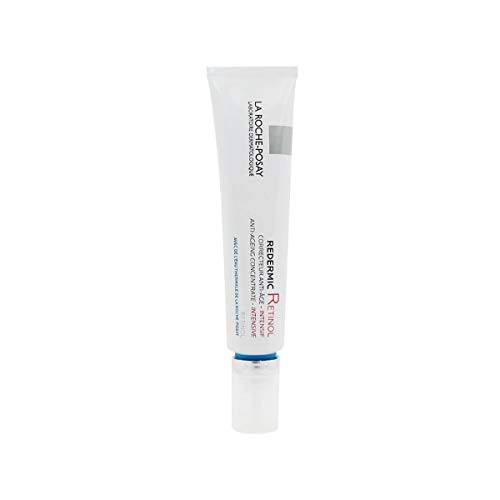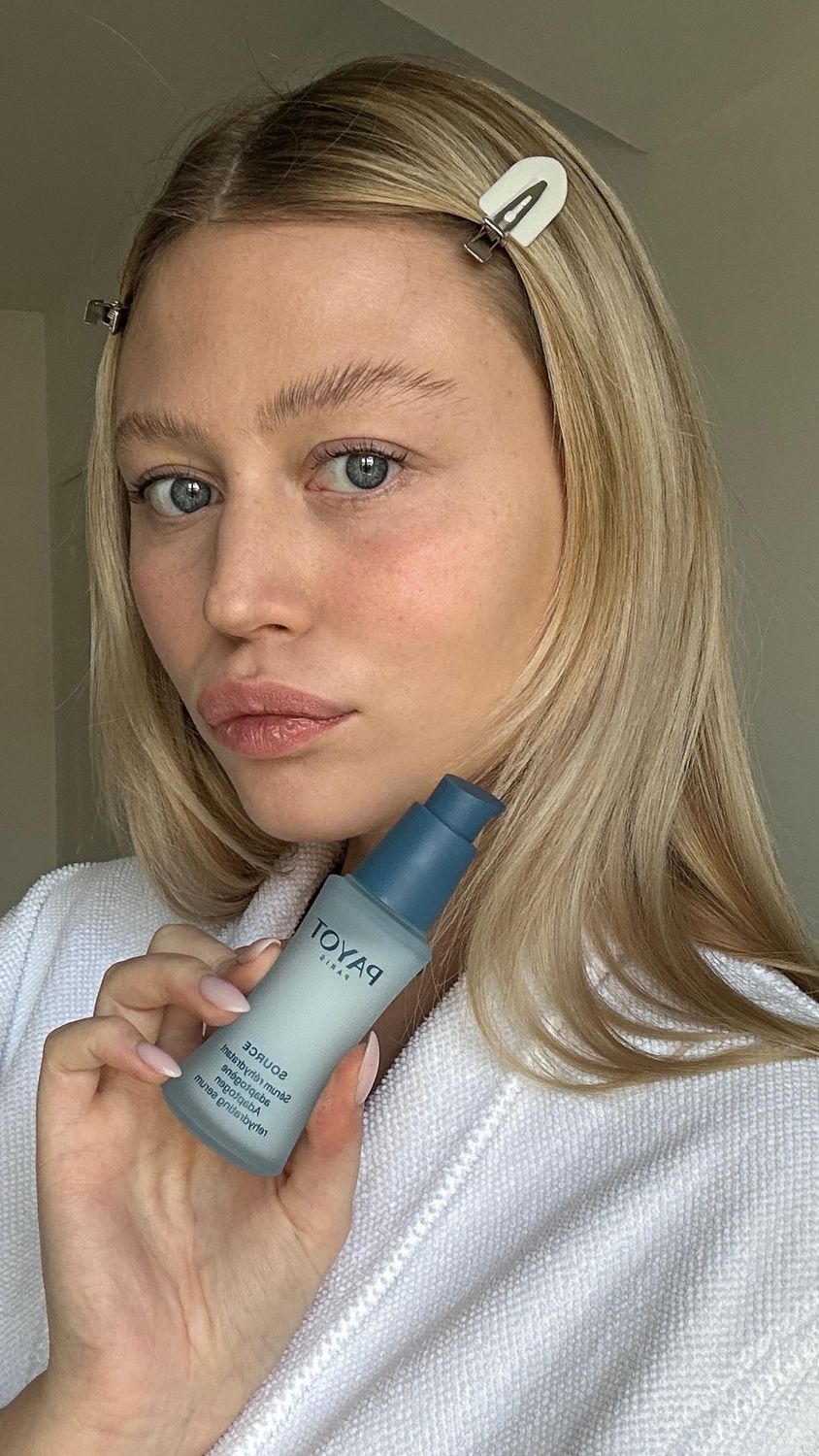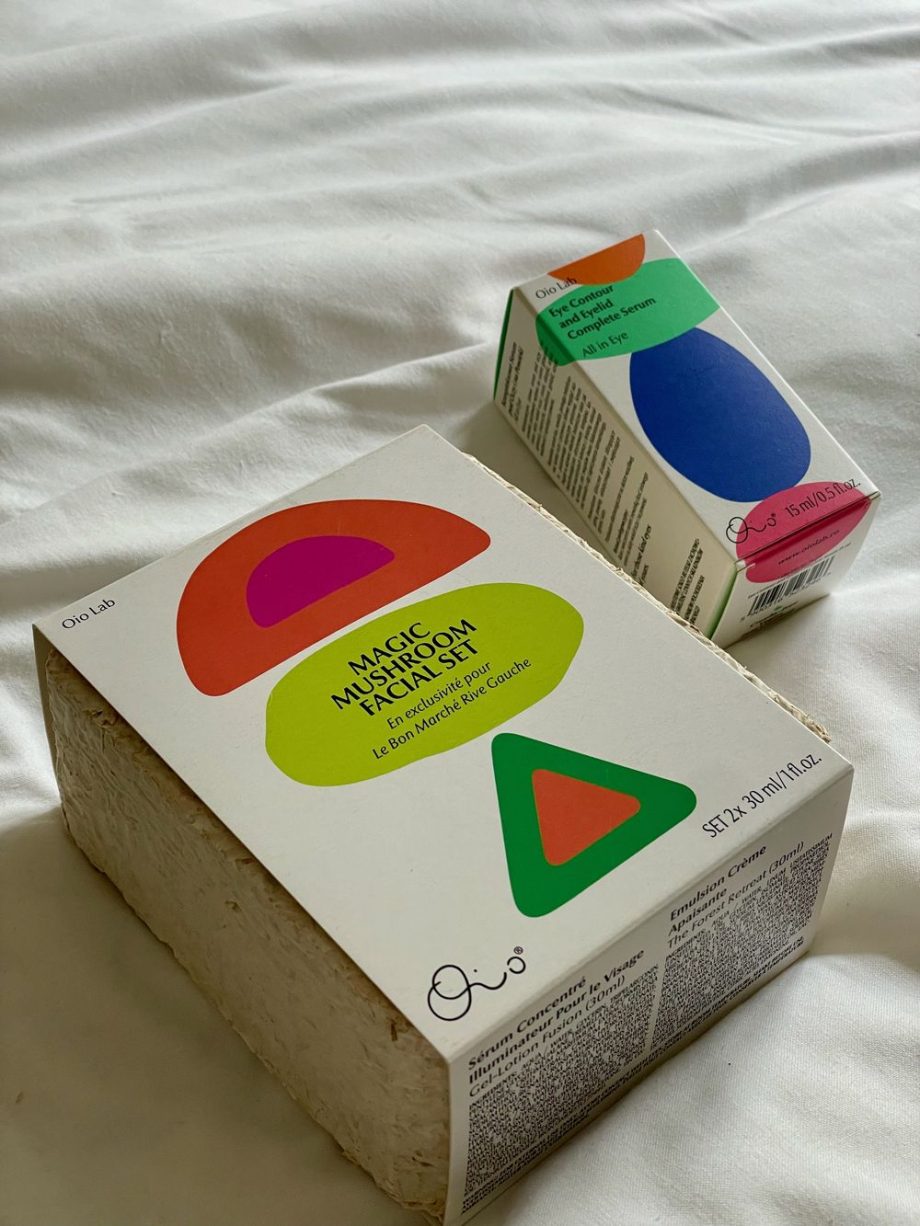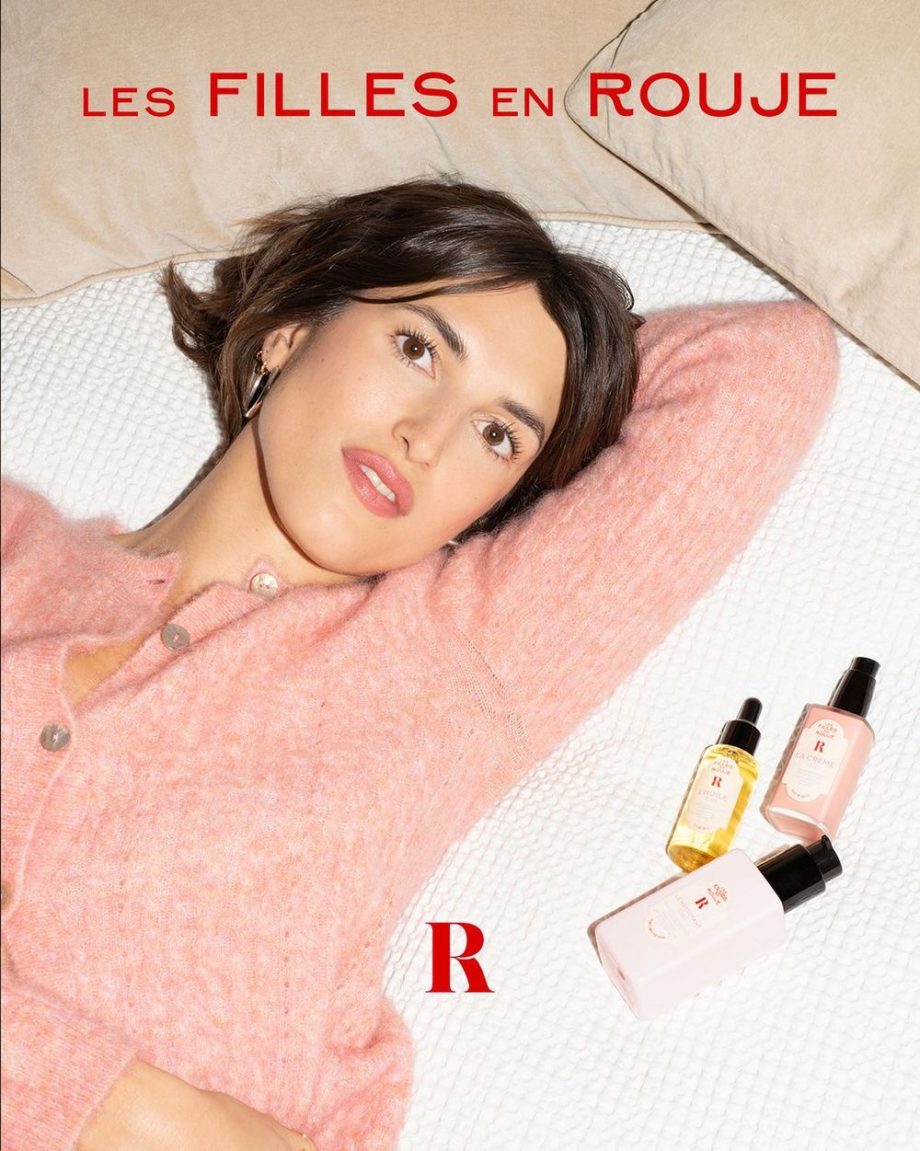Trying to decide between La Roche-Posay vs The Ordinary skincare? I’m a fan of both and today I’ll do a comprehensive comparison between these two skincare giants. Both brands have amassed a loyal following and are highly regarded for their effective skincare solutions, but they definitely cater to different needs and budgets.
To start, La Roche-Posay is often associated with dermatologist-approved, clinically-tested formulas, while The Ordinary is celebrated for its no-nonsense, ingredient-focused approach. The question is, which brand is the best fit for your skincare regimen?
Read on as we dissect the key bottles from each line, considering ingredient quality, efficacy, and price point, to help you make an informed decision.
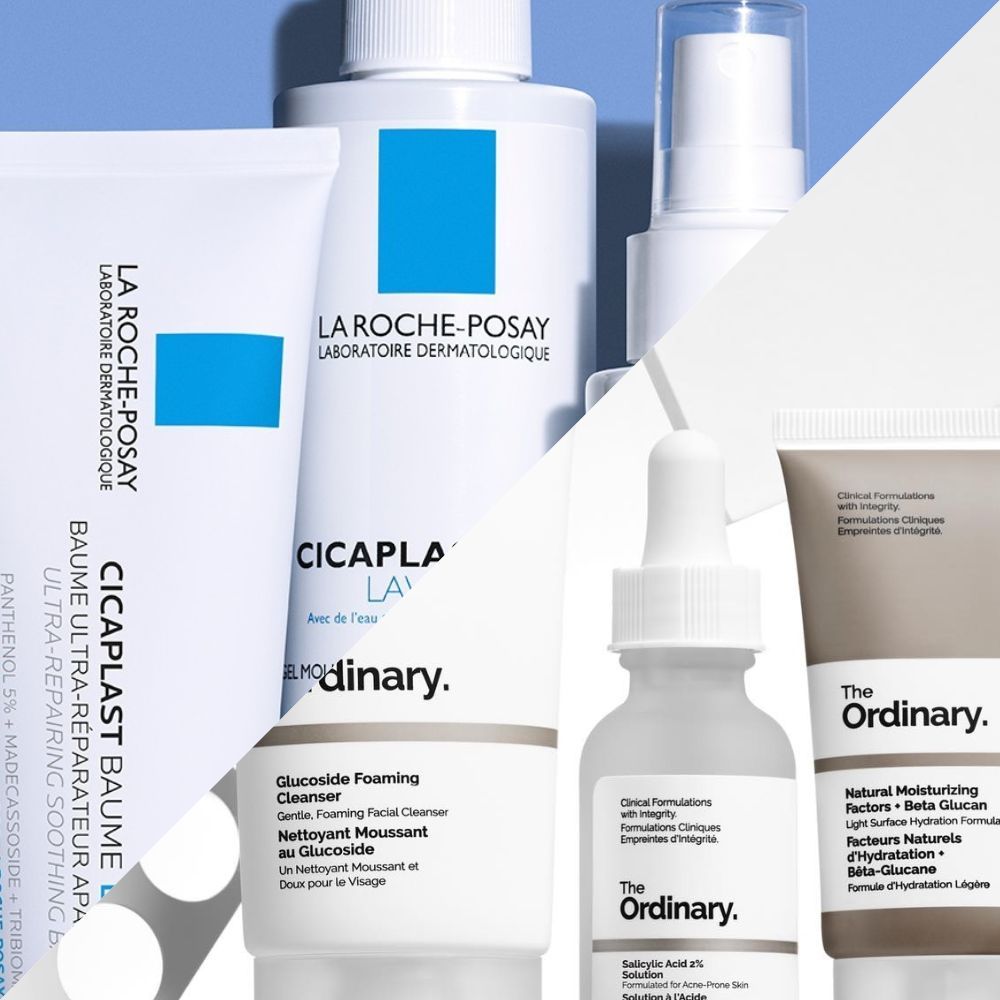
La Roche-Posay Brand History
La Roche-Posay, a French skincare brand founded in 1975, is renowned for its dermatologist-backed, sensitive skin-friendly products. The brand’s core ingredient is a unique thermal spring water sourced from the town of La Roche-Posay in France, known for its antioxidant and soothing properties.
La Roche-Posay has gained numerous awards and accolades for products like their Anthelios sunscreen and Toleriane moisturizer. The brand is a part of the L’Oréal Group, allowing it to leverage scientific research and development capabilities. Known for its commitment to rigorous clinical testing, La Roche-Posay has established itself as a trusted name in skincare, particularly for sensitive or problematic skin.
The Ordinary Brand History
Founded in 2013 by the late Brandon Truaxe, The Ordinary is a subsidiary of the Canadian skincare company DECIEM. The brand disrupted the beauty industry by offering high-quality, single-ingredient-focused products at incredibly affordable prices. It gained rapid popularity for its transparent approach, clearly listing active ingredients and their concentrations on product labels.
The Ordinary has received multiple awards, including nods for its fan-favorite serums like the “Buffet” and Retinol products. Its meteoric rise is a testament to its mission of democratizing skincare, making effective formulas accessible to the masses.
La Roche-Posay vs. The Ordinary Cleanser
When comparing La Roche-Posay and The Ordinary’s cleansers, several factors come into play, including ingredient complexity, skin type suitability, and price point.
La Roche-Posay Toleriane Hydrating Gentle Cleanser
$19.99 ($1.48 / fluid ounce) (as of January 25, 2026 21:54 GMT -05:00 - More infoProduct prices and availability are accurate as of the date/time indicated and are subject to change. Any price and availability information displayed on Amazon at the time of purchase will apply to the purchase of this product.)The Ordinary Squalane Cleanser
$10.50 ($6.18 / fluid ounce) (as of January 25, 2026 22:08 GMT -05:00 - More infoProduct prices and availability are accurate as of the date/time indicated and are subject to change. Any price and availability information displayed on Amazon at the time of purchase will apply to the purchase of this product.)La Roche-Posay’s cleansers like the Toleriane Hydrating Gentle Cleanser and Effaclar Purifying Foaming Gel are formulated with their signature thermal spring water, known for its soothing and antioxidant properties. These cleansers are recommended for sensitive or irritated skin and are reinforced by dermatological research. The formulations typically include active ingredients targeted at specific skin concerns such as acne, dryness, or redness.
On the other hand, The Ordinary’s cleansers, like their Squalane Cleanser, take a minimalist approach. The brand focuses on fewer ingredients but in higher concentrations, making it easier for consumers to understand exactly what they are putting on their skin. The Ordinary’s cleansers are more budget-friendly and aim to be effective without the frills. However, they lack the specialized active ingredients that cater to specific skin conditions, which you often find in La Roche-Posay products.
To recap, if you’re looking for a cleanser that is backed by dermatological research, specifically formulated for sensitive or difficult skin, and contains a range of active ingredients, La Roche-Posay is the better option for you. If you prefer a straightforward, budget-friendly option with high concentrations of key active ingredients, then The Ordinary’s cleansers are a more practical choice.
La Roche-Posay vs. The Ordinary Moisturizer
When it comes to moisturizers, both La Roche-Posay and The Ordinary offer effective options, but they target different consumer needs and preferences.
La Roche-Posay Toleriane Double Repair Moisturizer
$24.99 ($7.39 / fluid ounce) (as of January 26, 2026 03:57 GMT -05:00 - More infoProduct prices and availability are accurate as of the date/time indicated and are subject to change. Any price and availability information displayed on Amazon at the time of purchase will apply to the purchase of this product.)The Ordinary Natural Moisturizing Factors
$22.50 ($6.62 / fluid ounce) (as of January 25, 2026 22:08 GMT -05:00 - More infoProduct prices and availability are accurate as of the date/time indicated and are subject to change. Any price and availability information displayed on Amazon at the time of purchase will apply to the purchase of this product.)La Roche-Posay’s moisturizers, such as the Toleriane Double Repair Moisturizer or the Cicaplast Balm B5, are formulated with a cocktail of beneficial ingredients like ceramides, niacinamide, and the classic thermal spring water. These products address multiple skin concerns, from hydration to barrier repair, and are particularly well-suited for sensitive or reactive skin types. The formulations undergo rigorous clinical testing and often come with dermatologist endorsements, adding a layer of trust and credibility.
The Ordinary, meanwhile, offers moisturizers like the Natural Moisturizing Factors that are more simplistic but highly effective. These moisturizers usually focus on one or two active ingredients, allowing you to customize your skincare routine by layering different products to address particular needs.
They are straightforward, omitting fragrances and unnecessary additives, and are priced more affordably than most La Roche-Posay options. However, they just don’t have the same level of multi-tasking or targeted care for specific skin issues that La Roche-Posay’s moisturizers do.
In a nutshell, if you’re in the market for a multi-benefit, clinically-tested moisturizer for sensitive or tricky skin, La Roche-Posay is likely the better fit. If you prefer a minimalistic, budget-friendly option where you can mix and match to meet your specific needs, then The Ordinary’s moisturizers will be more to your liking.
La Roche-Posay vs. The Ordinary Serums
When it comes to serums, La Roche-Posay and The Ordinary offer distinct approaches that cater to varying skincare philosophies and needs.
La Roche-Posay Hyalu B5 Hyaluronic Acid Serum
$39.99 ($39.59 / fluid ounce) (as of January 26, 2026 12:25 GMT -05:00 - More infoProduct prices and availability are accurate as of the date/time indicated and are subject to change. Any price and availability information displayed on Amazon at the time of purchase will apply to the purchase of this product.)The Ordinary Hyaluronic Acid 2% + B5 Multi-Depth Hydration Serum
$9.90 (as of January 25, 2026 22:08 GMT -05:00 - More infoProduct prices and availability are accurate as of the date/time indicated and are subject to change. Any price and availability information displayed on Amazon at the time of purchase will apply to the purchase of this product.)La Roche-Posay’s serums, like their Glycolic B5 10% Pure Glycolic Acid Serum for brightening or Hyalu B5 Pure Hyaluronic Acid Serum for plumping, are multifaceted solutions that combine active ingredients to tackle common skin concerns.
These serums are created with the expertise of dermatologists and incorporate French thermal spring water, which is renowned for its calming and antioxidant properties. The brand focuses on creating clinically tested, hypoallergenic formulas ideal for sensitive skin or even specific skin conditions like hyperpigmentation or deep-set wrinkles.
The Ordinary, by contrast, adopts a more streamlined, ingredient-centric approach. Their serums, such as the best-selling Hyaluronic Acid 2% + B5, Multi-Depth Hydration Serum, the Niacinamide 10% + Zinc 1% or the “Buffet” Multi-Technology Peptide Serum, spotlight specific active ingredients, making it easy to target particular issues like acne or fine lines directly. These serums are highly affordable and free from added fragrances or unnecessary additives, aligning with the brand’s mission to democratize skincare. However, they don’t offer the same level of comprehensive care that La Roche-Posay’s serums provide, especially for complex skin conditions.
If you’re looking for dermatologist-backed, multi-benefit serums that are clinically tested for sensitive skin, La Roche-Posay is the brand for you. If you prefer to curate a personalized skincare routine with targeted, budget-friendly solutions, then serums from The Ordinary are more appropriate.
La Roche-Posay vs. The Ordinary Hyaluronic Acid
When comparing hyaluronic acid products from La Roche-Posay and The Ordinary, the contrasts lie primarily in the formulation complexity, clinical backing, and price point.
La Roche-Posay’s Hyalu B5 Pure Hyaluronic Acid Serum not only contains hyaluronic acid for hydration but is also enriched with Vitamin B5 and their thermal spring water. This multi-component approach aims to offer not just hydration but also skin repair and antioxidant benefits. The product passed stringent clinical testing and is formulated with sensitive skin in mind, making it a well-rounded option for a variety of skin concerns.
The Ordinary’s Hyaluronic Acid 2% + B5, on the other hand, takes a more straightforward approach. It contains a high concentration of hyaluronic acid and is bolstered only by the addition of Vitamin B5 for enhanced surface hydration. The Ordinary’s product is free from unnecessary additives and fragrances, focusing solely on delivering the key active ingredients. It’s also notably more budget-friendly than La Roche-Posay’s offering. However, it lacks the additional palliative and antioxidant properties found in La Roche-Posay’s thermal spring water.
So, if you’re seeking a hyaluronic acid product that offers a multifaceted approach to skin care, supported by dermatological research, La Roche-Posay’s Hyalu B5 Serum may be a better fit for you. If you want a straightforward, cost-effective hyaluronic acid solution without additional bells and whistles, then The Ordinary’s Hyaluronic Acid 2% + B5 is sufficinet.
La Roche-Posay vs. The Ordinary Retinol
When exploring retinol products from La Roche-Posay and The Ordinary, the key differentiators are the complexity of the formulation, dermatological endorsement, and cost.
La Roche-Posay Redermic R Retinol Face Cream
$54.99 (as of January 26, 2026 07:56 GMT -05:00 - More infoProduct prices and availability are accurate as of the date/time indicated and are subject to change. Any price and availability information displayed on Amazon at the time of purchase will apply to the purchase of this product.)The Ordinary Retinol 1% in Squalane, High-Strength Retinol Serum
$14.15 (as of January 26, 2026 08:27 GMT -05:00 - More infoProduct prices and availability are accurate as of the date/time indicated and are subject to change. Any price and availability information displayed on Amazon at the time of purchase will apply to the purchase of this product.)La Roche-Posay’s Redermic R Retinol Face Cream for moisturizing or its Retinol B3 Serum, for instance, combines pure retinol with other active ingredients like lipo-hydroxy acid (LHA) and their signature thermal spring water. This multi-ingredient approach aims to provide not only anti-aging benefits but also enhanced tolerability and skin comfort. The product is dermatologist-tested, making it a reliable choice when concerned about skin sensitivities or potential side effects.
The Ordinary, conversely, offers a more blunt, budget-friendly option with their Retinol 0.2% in Squalane or Retinol 0.5% in Squalane serums. These products focus solely on delivering low concentrations of retinol suspended in a squalane base for improved stability and hydration. Clear labeling allows you to choose the concentration that best suits your skin type and tolerance, but these products may not offer the additional exfoliating benefits that La Roche-Posay’s retinol serum does.
To summarize, if you need a high-concentration retinol product with a multi-faceted formulation that is backed by dermatological expertise, La Roche-Posay’s Redermic R is the one for you. If you prefer a no-frills, affordable, low-concentration retinol option that won’t irritate your skin, then The Ordinary’s retinol serums are a better fit.
La Roche-Posay vs. The Ordinary Niacinamide
When evaluating niacinamide options from La Roche-Posay and The Ordinary, product formulation complexity, skin compatibility, and cost are key.
La Roche-Posay Mela B3 Serum (10% Niacinamide)
$44.99 (as of January 26, 2026 05:04 GMT -05:00 - More infoProduct prices and availability are accurate as of the date/time indicated and are subject to change. Any price and availability information displayed on Amazon at the time of purchase will apply to the purchase of this product.)The Ordinary Set of Niacinamide 10% + Zinc 1%
(as of January 25, 2026 22:08 GMT -05:00 - More infoProduct prices and availability are accurate as of the date/time indicated and are subject to change. Any price and availability information displayed on Amazon at the time of purchase will apply to the purchase of this product.)La Roche-Posay’s Mela B3 Niacinamide Serum contains 10% niacinamide along with other active ingredients like glycolic acid and lipo-hydroxy acid. This combination targets not only skin texture but also aims to address pigmentation and dullness. The serum is dermatologist-tested and includes the brand’s signature thermal spring water, offering a healing effect alongside its active components.
The Ordinary’s Niacinamide 10% + Zinc 1% takes a minimalist approach. It focuses on an equally high concentration of niacinamide, paired with zinc to regulate sebum activity. This explicit formulation is ideal for specifically targeting issues like oiliness and blemishes without additional active ingredients. It’s much more budget-friendly compared to La Roche-Posay’s serum, aligning with The Ordinary’s mission to make skincare accessible.
In summary, if you are seeking a niacinamide product with a multifunctional, dermatologically endorsed formulation, La Roche-Posay is your go-to. If you prefer a simple, cost-effective solution for targeted concerns like excess oil and blemishes, The Ordinary’s Niacinamide 10% + Zinc 1% is sure to satisfy.
The Ordinary vs. La Roche-Posay Vitamin C
When comparing Vitamin C products from La Roche-Posay and The Ordinary, the reviews largely revolve around formulation intricacy, dermatological validation, and price.
La Roche-Posay Pure Vitamin C Face Serum
$44.99 ($44.54 / fluid ounce) (as of January 26, 2026 05:05 GMT -05:00 - More infoProduct prices and availability are accurate as of the date/time indicated and are subject to change. Any price and availability information displayed on Amazon at the time of purchase will apply to the purchase of this product.)The Ordinary Vitamin C Suspension 30% in Silicone
(as of January 26, 2026 08:27 GMT -05:00 - More infoProduct prices and availability are accurate as of the date/time indicated and are subject to change. Any price and availability information displayed on Amazon at the time of purchase will apply to the purchase of this product.)La Roche-Posay’s Pure Vitamin C Face Serum blends 10% pure Vitamin C with other beneficial ingredients like hyaluronic acid and salicylic acid. This well-rounded formulation aims to not only brighten and firm the skin but also provide hydration and exfoliation. The product undergoes rigorous clinical testing, and the inclusion of their signature thermal spring water offers soothing and antioxidant benefits.
In contrast, The Ordinary provides a straightforward and budget-friendly approach with their Vitamin C Suspension 30% in Silicone. This serum contains a high concentration of pure Vitamin C for direct application to the skin. It’s formulated without additional active ingredients, making it a targeted solution for the antioxidant and brightening effects of Vitamin C. However, it may not offer the multi-faceted skincare benefits that La Roche-Posay’s product does.
To summarize, if you’re seeking a multifunctional Vitamin C serum that is dermatologist-tested and combines other active ingredients for a comprehensive skincare routine, La Roche-Posay is best for you. If you prefer a precise, cost-effective Vitamin C product without additional active components, then The Ordinary’s suspension works well.
At the end of the day, both La Roche-Posay and The Ordinary offer valuable contributions to the skincare market, but they serve considerably different needs and skincare preferences to different customers.
La Roche-Posay stands out for its dermatologist-tested, multi-ingredient formulations that often include their signature thermal spring water, targeting a range of skincare concerns and especially catering to sensitive or difficult skin.
The Ordinary excels in providing straightforward, ingredient-focused products at an affordable price point, making it easy for consumers to target specific issues.
Whether it’s cleansers, moisturizers, serums, or specialized treatments like hyaluronic acid, retinol, niacinamide, or Vitamin C, your choice between the two brands will ultimately depend on your skincare priorities—be it formulation complexity, clinical backing, or budget.
Good luck and let us know if you have questions in the comments below!




